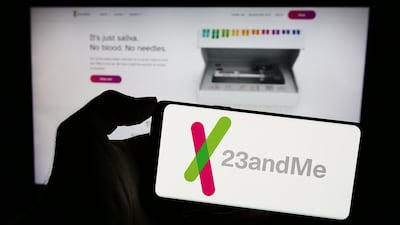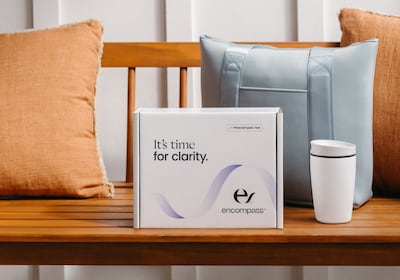Tom Miller, founder of Concord, MA-based GreyBird Ventures, LLC, has had more than his share of lumps and broken bones over five decades of passionate motocross racing.
You wouldn’t know it from his spryness, and something of the same fearlessness and high-octane performance required for dusty, off-road motorcycling
Read the full article – start your free trial today!
Join thousands of industry professionals who rely on Medtech Insight for daily insights
- Start your 7-day free trial
- Explore trusted news, analysis, and insights
- Access comprehensive global coverage
- Enjoy instant access – no credit card required
Already a subscriber?







